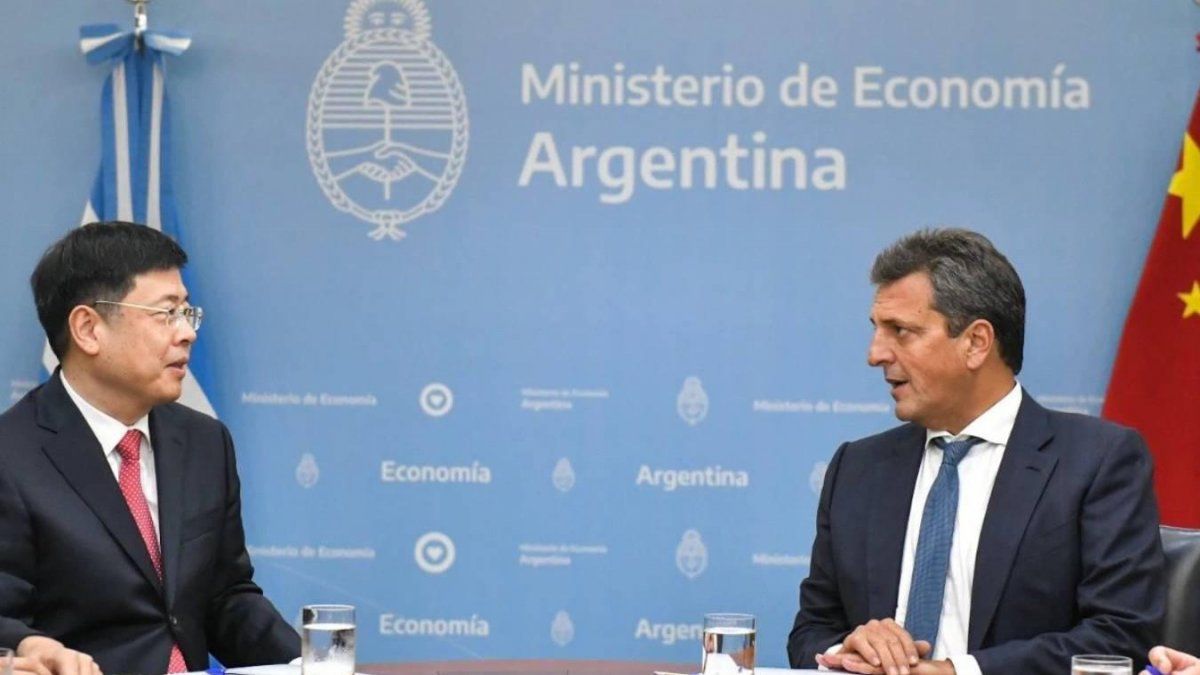Although it was justified that this measure is applied because the amount in dollars corresponds to “rescheduled imports from a third country that were re-invoiced in dollars”precipitated due to the lack of dollar reserves, the renegotiation with the IMF and while powerful sectors developed a threatening currency run.
The IMF puts the dollar around the neck
The colossal loan in dollars that the IMF granted to the Macri government on behalf of the Argentine State allowed a greater dollarization of assets and abrupt devaluations that translated into a high inflationary process. It is also a greater subordination to the US dollar both due to the amount of indebtedness and the extortions and conditionalities that are required for failing to comply with an unfulfillable program.
Led by the dollar-issuing nation, the IMF demanded -to advance disbursements- a significant devaluation and geopolitical restrictions with respect to China. Regardless of the meaning and implications of the demands, both could not be met at the same time if local authorities tried to keep the economic situation from spiraling out of control.
By obstructing disbursements, it forced the search for another means of payment other than the dollar to pay for imports. Reality set in through the yuan.
Another dollar in the butt
It is important to remember that, in the report “Geoeconomic fragmentation and the future of multilateralism”the IMF analyzed: “Recent geopolitical events have increased the risk of fragmentation in the international payment system […] could give rise to changes in the preferences of countries regarding the monetary composition of their currencies and reserves”. Not only that, the changes that are envisioned are deeper: “The future transformation of trade, finance, and global value chains will influence transactional demand and billing in different currencies […] may reduce the demand for the US dollar for transactions and billing in the rest of the world.” concludes the report.
Clarifying that “the yuan’s share in global payments is still very low,” this outlet reported that “for the first time, the yuan surpassed the dollar as the most used currency in cross-border transactions”. China and Brazil, Argentina’s main trading partners, resolved that their exchange will not continue as before: It will no longer be mediated by dollars, but will be carried out with their respective national money.
Although Argentina’s reaction this week is, in principle, an isolated event in the administration, it is one more demonstration that the dollar is no longer the exclusive pattern of the world, that it is changing and Argentina will decide how to insert itself into it for many years in the elections. presidential elections of 2023.
Economist UBA-UNDAv. (@Pablo_Ferrari77)
Source: Ambito
David William is a talented author who has made a name for himself in the world of writing. He is a professional author who writes on a wide range of topics, from general interest to opinion news. David is currently working as a writer at 24 hours worlds where he brings his unique perspective and in-depth research to his articles, making them both informative and engaging.




